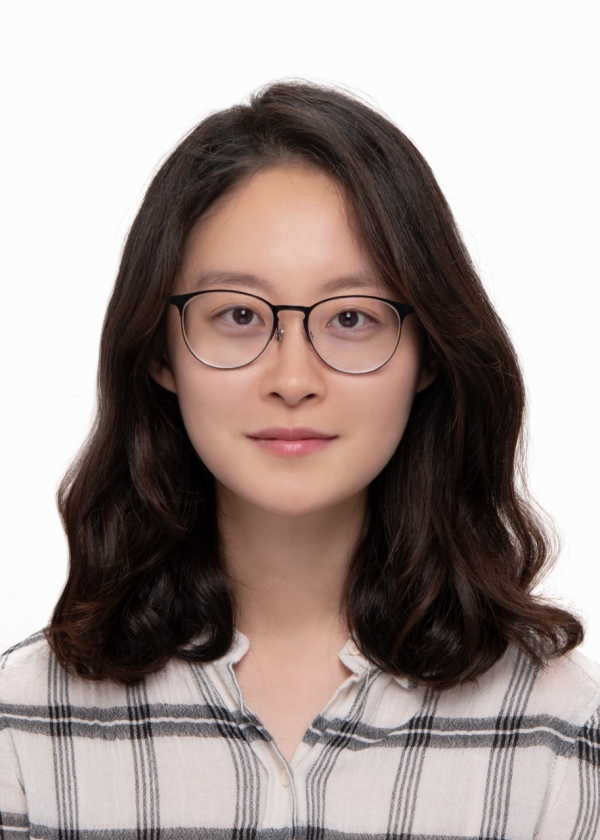Training a small number of selected students is a prominent feature of our university. At a young age, attracted to this factor, I entered POSTECH and eventually graduated with a Ph.D. Thanks to this advantage that only POSTECH can offer, I was able to receive unwavering support during my university studies. Ironically, however, the greatest limitation of my Ph.D. came from POSTECH being a small university. Back then, there was only one professor, just a few students, and no researchers studying computer theory in POSTECH. By the time I finished my Ph.D., I became interested in others’ research. I was curious about the methods with which others carried out their research, what kind of areas others studied, with which philosophy others studied, and for what reasons others conducted their studies. Thus, I wanted to work as a postdoctoral researcher in a bigger-scaled group. In such terms, the Max Planck Institute was the most desirable institute for me.
The Max Planck Institute is not a single laboratory; it consists of several independent laboratories that belong to the Max Planck Society. The Max Planck Institute is considered a large-scale laboratory in Europe. Among those laboratories, I worked at the computer theory research group in the Max Planck Institute for Informatics. In our research group, there were five professors and a total of 50 researchers and Ph.D. students. There were visiting professors and researchers, as well as several professors who were tenured at the Max Planck Institute. The Max Planck Institute provided an international environment, with not just German researchers, but also researchers from all over Europe, Asia, and the U.S.. In addition, the institute’s research results are outstanding, publishing many excellent papers every year.
One of the reasons the Max Planck Institute is capable of conducting world-class research is the diversity that arises on a large scale. First of all, the researchers’ research fields were diverse. The researchers all studied computer theory, but their research fields were all different. One may guess that they would show no interest in each other’s research due to the disparity; however, they were intrigued by their colleagues’ research. After the seminars, which were held twice a week, and after lunchtime, people acquired information about other researchers’ studies. Taking interest in other fields may not help improve one’s research capabilities immediately. Nevertheless, people showed interest due to pure academic curiosity, and more importantly, because this process allowed them to expand and overcome the limitations of their research fields.
Through interaction with other researchers at the Max Planck Institute, I was able to expand my intellectual horizons. My first perception at the Max Planck Institute was that computer theory research was much broader than I thought it was. Many colleagues studied specialized fields that I had never even heard of during my Ph.D. course. At first, it was difficult to precisely understand what my colleagues were presenting at seminars. Likewise, my fellow researchers could not easily understand my presentations. They were unfamiliar with what I took for granted, and asked unexpected questions. Through this process, I could contemplate the meaning of my research results in the overall flow of the computer theory field. Also, I envisioned the future direction of my research.
I believe that one of the most important qualities of a skilled researcher is being able to interpret the flow of the research field and establish one’s research direction. I also consider that the ultimate dream of many researchers is to pioneer their own field and present new outlooks in research. To achieve this goal, it is important to pay attention to others’ research. At the Max Planck Institute, such processes took place naturally, thanks to the diversity and large size of the research center. The general lesson that diverse experiences widen one’s perspectives and allow one to become aware of their current location also applies to researchers. Focusing on one’s current research topics is important; however, at the Max Planck Institute, I learned that a researcher requires time to observe his/her research from a broader horizon.
As a small university, POSTECH has disadvantages in this regard. If you do not make an effort, it is difficult to think outside of your current specific research field. This was also true for me during my Ph.D. course, as I did not have the opportunity to pay attention to other research topics in the vast computer theory field other than my own. Thus, we need to take interest in others’ research and interact with the research community more enthusiastically. In the case of the computer engineering field, conferences take place frequently and academic interaction occurs often. In addition, I believe that social changes due to COVID-19 will bring about positive effects to POSTECH. Online interaction among researchers is becoming the new norm, many universities are making their online seminars public, and institutes are planning their own seminars, encouraging researchers to participate actively. By making wise use of these opportunities, we will be able to overcome the disadvantages of researching at a small university.

Department of Computer Science and Engineering


